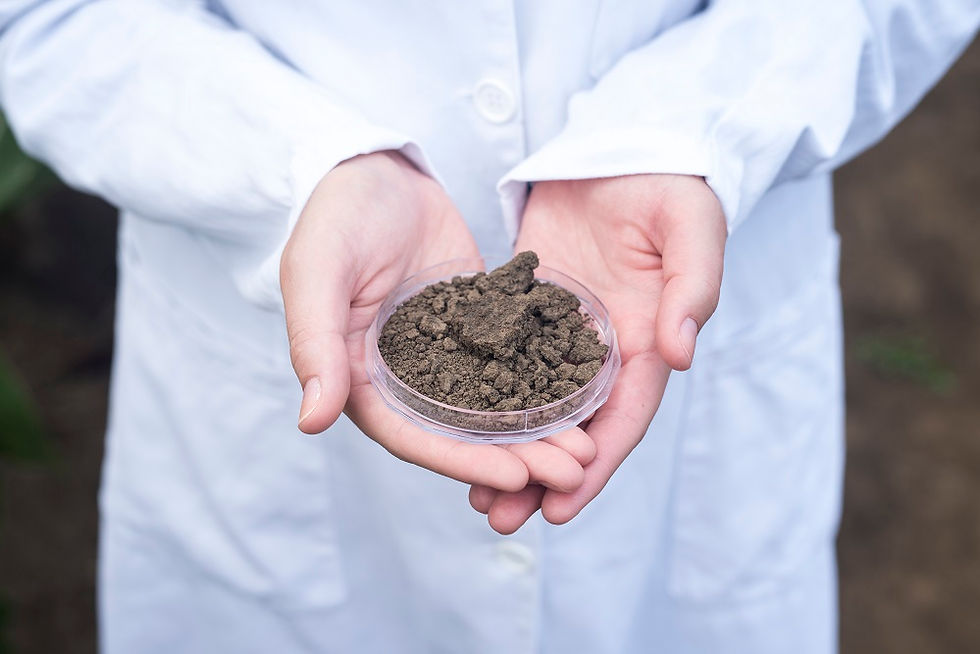Getting to Know the Benefits of Using Rubber Stable Mats
- ameliya lanne
- Jan 6, 2024
- 4 min read
Updated: Apr 15, 2025
Walk onto hardwood flooring and then step onto concrete; you'll quickly feel the difference. Now, imagine the impact of those surfaces on the footing of a thousand-pound horse! Have you ever questioned the flooring choices in your stable or horse barn? What might the optimal choice be for your equestrian friend's comfort, cleanliness, and well-being? The answer, which we will delve into in this piece, may be rubber stable mats.
Flooring choices may not seem high on your priority list, especially with an animal that spends a fair amount of time outdoors. However, it’s crucial to consider this: Horses are stunning creatures of strength and endurance, but their legs are extremely delicate. A proper flooring system can certainly aid in avoiding major injuries.
While every stable environment is different, with varying factors at play, herein, we will explore the significant benefits of rubber stable mats in all types of stables. There will be a comparison with traditional options, cost comparisons, maintenance, and why they might just be the best investment you could make for your horse's welfare.
The Fundamentals of Rubber Stable Mats
Whilst straw and shavings have had a traditional role in stabling situations, things are changing. Why manoeuvre through the instability of traditional bedding when you can opt for the balance that rubber stable mats offer? A significant player in these changes is the evolution of rubber stable mats, which provide significant advantages over previous choices.
Rubber stable mats, made from either natural or recycled rubber offer longevity and resilience, two vital characteristics when it comes to flooring! This sturdiness is particularly important in a high traffic area like a stable. Additionally, they are available in various thicknesses and finishes to meet an array of needs and preferences.
Undoubtedly, you'll want the best for your dear equine friend and these durable and sturdy mats seem to fit the bill. They offer a myriad of benefits, which far outweigh the initial investment.
Enhancing Comfort and Health
A horse’s health and comfort are of paramount importance. And these two are what we need to understand, to appreciate, why rubber stable mats are game changers. For one, the mats significantly reduce the amount of bedding required, ensuring less wastage and a cleaner environment.
Horses also stand and move better on rubber mats. There's a natural cushion-like quality that eases the impact on their joints while offering a measure of insulation against cold floors and dampness. Remember, joints are integral for a horse's mobility, and preserving their health has a huge payoff in their overall well-being and longevity.
Moreover, an aspect often overlooked is sleep quality. Horses require REM sleep, which means lying flat on the ground for periods. With rubber stable mats, horses can enjoy a comfortable and clean surface, promoting healthier sleep cycles.

Rubber Mats vs. Traditional Flooring
When comparing traditional flooring such as dirt, concrete, or wood with rubber mats, the contrast in benefits is stark. The affordability, durability, and ease of maintenance provided by these mats are unmatched.
Compared to concrete or wooden floors, rubber mats offer superior grip and traction, reducing slippage risk—an event with significant consequences if a horse were to fall. Likewise, compared to dirt floors, which can become uneven or dangerously compacted, rubber mats provide stable and consistent flooring.
Maintenance cost, both in terms of time and dollars, is another factor where rubber mats come out on top. Cleaning of mats is relatively straightforward, involving less manual labor than the more traditional alternatives, saving you time and labor costs.
Pros and Cons of Rubber Stable Mats
Like any product, rubber stable mats come with their own set of pros and cons. We've already touched on the numerous advantages, but let's consolidate them and explore potential cons to give you a holistic view.
Advantages include:
- Improved comfort and horse health
- Easy maintenance
- Safe, stable, and high-grip surface
- Odor and moisture management
The cons are often more budget-related, such as the initial outlay and installation costs if undertaken by professionals. The mats also need to be periodically lifted and thoroughly cleaned underneath.
Making The Right Choice
Walking into a stable with rubber stable mats gives a certain assurance; there's a sense of order, cleanliness, and care. Like any investment, there may be initial costs and challenges, but overall, it appears the benefits heavily outweigh these.
Selecting the right rubber mats can revolve around various factors—your budget, your horse's needs, and the physical characteristics of the stable. You may have to consider if the mats interlock or if they will move around easily, the size of the mats—whether they fit your space or need cutting, and finally, the thickness and finish of the mats.
Conclusion
Both you and your horse will appreciate the many benefits of using rubber stable mats. A stark contrast to other flooring options, these mats offer increased comfort and stability, reducing health risks associated with more traditional choices. While the initial investment may initially seem high, the long-term advantages in terms of durability, maintenance, and the health of your horse should certainly make this a worthwhile consideration. So, let's delve into why more horse lovers are opting for rubber stable mats.
By providing stable footing and a safe environment, rubber stable mats epitomize practical horse care. When we balance these benefits against the cons, it becomes clear that these mats should be an integral part of the modern stable. Above all, seeing your equine friend comfortable and happy is undeniably a priceless sight. A sight made possible with just a simple switch to rubber stable mats!











Comments